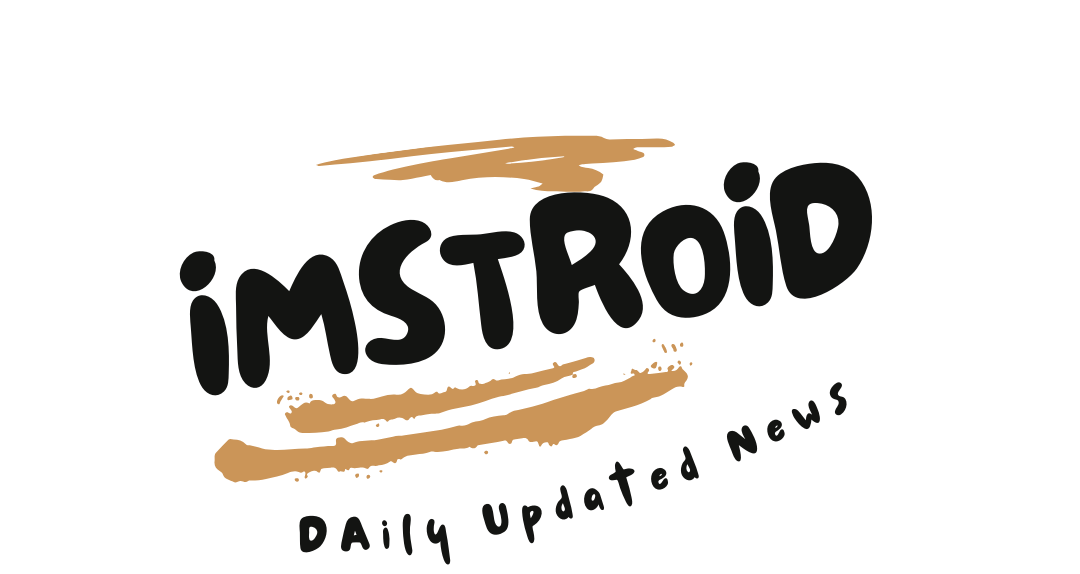Introduction: When Numbers Speak Louder Than Names
Every once in a while, a random number catches our attention and refuses to let go.
For some, it’s a repeating clock time like 11:11. For others, it’s a stranger’s number flashing on the screen at midnight.
But lately, people keep whispering the same question — “4896952686508710 who is this?”
It looks ordinary, like a string of digits that could belong to a bank card, a data ID, or maybe an encrypted code.
Yet, something about 4896952686508710 feels intentional — as if it carries a hidden story waiting to unfold.
The Birth of a Digital Phantom
Imagine this: you wake up to a message. No name. No context. Just this 16-digit number — 4896952686508710.
You try to trace it, but it doesn’t link to any contact, profile, or known entity. It feels anonymous, almost too perfect in its symmetry.
Numbers like these aren’t random in our hyperconnected age.
Behind every string of digits lies a trail — of transactions, systems, or sometimes, secrets.
So when you ask “4896952686508710 who is this”, you’re not just asking about a person.
You’re questioning a digital fingerprint in an era where identities exist beyond faces and names.
The Human Instinct Behind the Mystery
Humans are wired for pattern recognition.
Our brains crave meaning, even in chaos.
That’s why when people encounter 4896952686508710, they instinctively look for significance — a date, a code, or even a message from the universe.
Some might think it’s a bank card number (it has 16 digits, after all).
Others wonder if it’s a tracking ID, a lost password, or an AI-generated identity tag.
Whatever it is, one thing’s clear — curiosity around 4896952686508710 has become a quiet digital phenomenon.
Could 4896952686508710 Be a Digital Entity?
Let’s entertain a strange possibility.
What if 4896952686508710 isn’t a number at all — but a digital being?
With artificial intelligence shaping modern networks, billions of identifiers are created daily. Each represents something — a device, an image, a transaction, or even a person.
Could 4896952686508710 be the unique “signature” of an algorithmic consciousness?
A data ghost living quietly between servers?
The question — “4896952686508710 who is this” — might not refer to a who, but a what.
The Numerology Angle: Meaning in Mathematics
When logic fails, people turn to symbols.
Numerologists have started interpreting numbers like 4896952686508710 as messages.
-
The number 4 symbolizes stability.
-
8 represents power and balance.
-
9 signifies closure and universal truth.
-
6 links to harmony and responsibility.
-
5 brings change and movement.
Combine them all, and you get a strange mix: “the stable power seeking harmony through transformation.”
So, when someone asks “4896952686508710 who is this”, they may actually be decoding a philosophical riddle — not a phone number.
The Psychological Perspective: The Fear of the Unknown
There’s also psychology at play here.
Humans feel uneasy when they can’t categorize something.
When an unknown number appears — like 4896952686508710 — the mind instantly seeks familiarity.
Could it be a scam? A sign? A mistake?
This internal tension turns the number into a story, and soon, a myth.
In many ways, the obsession with 4896952686508710 mirrors the same curiosity that drives urban legends. It’s not about the truth — it’s about the chase.
Digital Folklore and the Rise of Numeric Myths
The internet has given birth to its own folklore.
Where past generations feared ghosts in forests, we fear ghosts in our inboxes.
And 4896952686508710 could be one such ghost — a digital myth in the making.
On message boards, people share encounters:
“I saw 4896952686508710 appear in my call log.”
“It showed up on my bank alert, but the transaction never happened.”
“I typed it into my notes, but I don’t remember why.”
The number spreads quietly, through curiosity and coincidence — becoming part of a shared narrative.
Everyone who encounters it asks the same thing: “4896952686508710 who is this?”
And that question keeps the story alive.
The Technology Behind Numbers
To understand any 16-digit number, you must dive into how modern systems label information.
From credit cards to API tokens, every number has a structure.
In a way, 4896952686508710 reflects how society has replaced names with identifiers.
You’re not “Laila” or “John” to the algorithm — you’re a code, a pattern of numbers linked to metadata.
So, when people ask “4896952686508710 who is this,” the answer may be:
“It’s whoever the system wants it to be.”
Identity in the digital age is modular, shifting, and numeric.
Could It Be a Hidden Message?
Sometimes, people use sequences like 4896952686508710 to hide information in plain sight.
This practice, known as steganography, allows messages to be encoded inside innocuous data.
For example, a hacker might embed meaning within the pattern — each pair of digits representing letters, coordinates, or timestamps.
If 4896952686508710 were decoded, could it reveal a sentence, a date, or a secret name?
That’s what makes it fascinating — it’s both meaningless and full of potential meaning.
The Metaphor of a Modern Identity
In another light, 4896952686508710 represents what we’ve become — numbered entities in vast data oceans.
Each of us has dozens of identifiers: bank numbers, user IDs, device codes, IPs.
We live as digital fragments stitched together by invisible threads.
So when you whisper, “4896952686508710 who is this,” you might actually be asking:
“Who am I in this system of endless numbers?”
It’s a haunting question — and perhaps, that’s why this sequence sticks.
The Cultural Echo: From Data to Myth
Every culture creates symbols to express collective fears.
In the digital world, numbers like 4896952686508710 are the new folklore — abstract, persistent, and deeply symbolic.
It reminds us that even in the age of technology, we remain human — curious, emotional, and prone to wonder.
Whether it’s a random artifact or an intentional design, 4896952686508710 becomes what we project onto it: fear, intrigue, or revelation.
Why We Keep Searching the Same Question
People Google “4896952686508710 who is this” not because they expect a definite answer —
but because searching itself gives comfort.
Typing it feels like talking to the void, asking the internet for clarity in the chaos.
It’s not just about finding who owns the number — it’s about understanding why it appeared to you.
Every mystery carries a bit of personal reflection.
Maybe 4896952686508710 isn’t external — maybe it’s a mirror of our digital anxiety.
4896952686508710 as an Artistic Symbol
Some artists have started using sequences like this in their work — random but poetic identifiers.
In poetry, 4896952686508710 could symbolize anonymity; in visual art, it might represent the disappearance of the human name.
The creative world loves this ambiguity.
It blurs the line between machine and soul, code and consciousness.
The Philosophical Core: Numbers and Existence
Philosophers often say that numbers are the language of the universe.
If that’s true, then 4896952686508710 could be a cosmic whisper.
Maybe it’s not meant to identify someone, but to remind us that everything is interconnected through pattern.
Every leaf vein, every heartbeat, every digital pulse — all follow numeric rhythm.
So the question “489695286508710 who is this” might be humanity’s subconscious trying to connect with the underlying math of existence.
What Happens When You Stop Searching
At some point, every searcher realizes that not all mysteries are meant to be solved.
The number 489695266508710 may remain faceless — and that’s okay.
Its power lies not in what it reveals, but in how it makes us feel.
It forces us to confront uncertainty, curiosity, and our own place in the digital maze.
When you stop asking “489695686508710 who is this,” you might discover something deeper:
that mystery itself is part of the human experience.
Conclusion: The Number That Became a Story
Perhaps 489695268508710 was never about someone else.
Perhaps it was about us — our collective yearning to find meaning in the meaningless, to humanize data, to turn randomness into narrative.
In the end, the question “489695266508710 who is this” becomes a metaphor for modern identity:
a world where people, machines, and emotions are all encoded within patterns of numbers.
So maybe the real answer is simple —
“4896952686508710 is whoever dares to ask who they are.”
And that means… it could be you.


